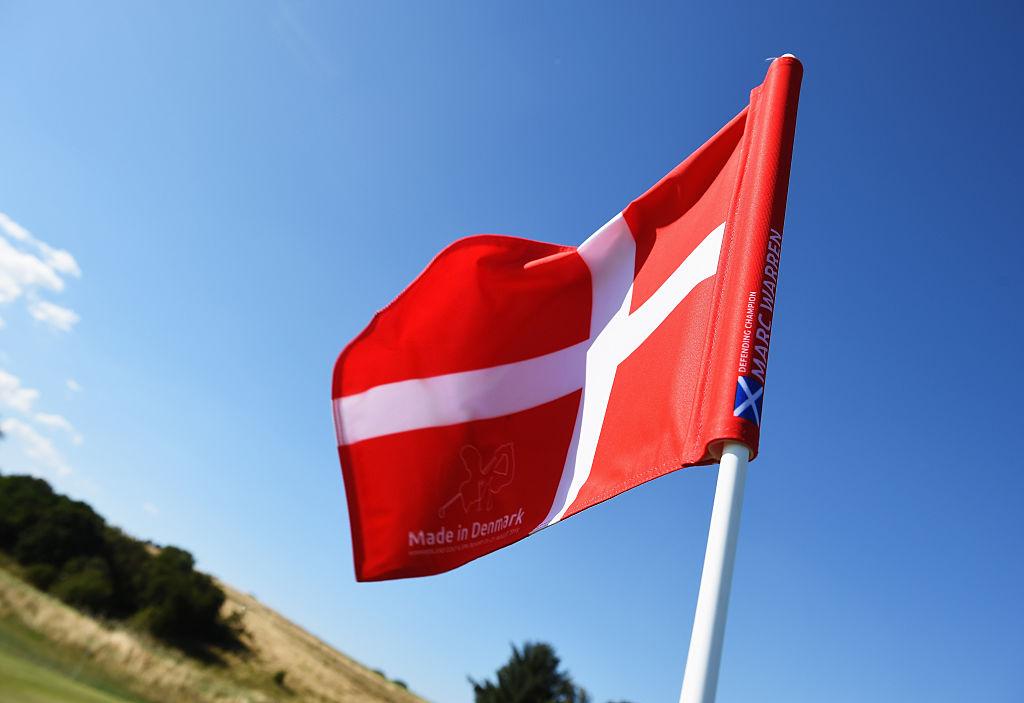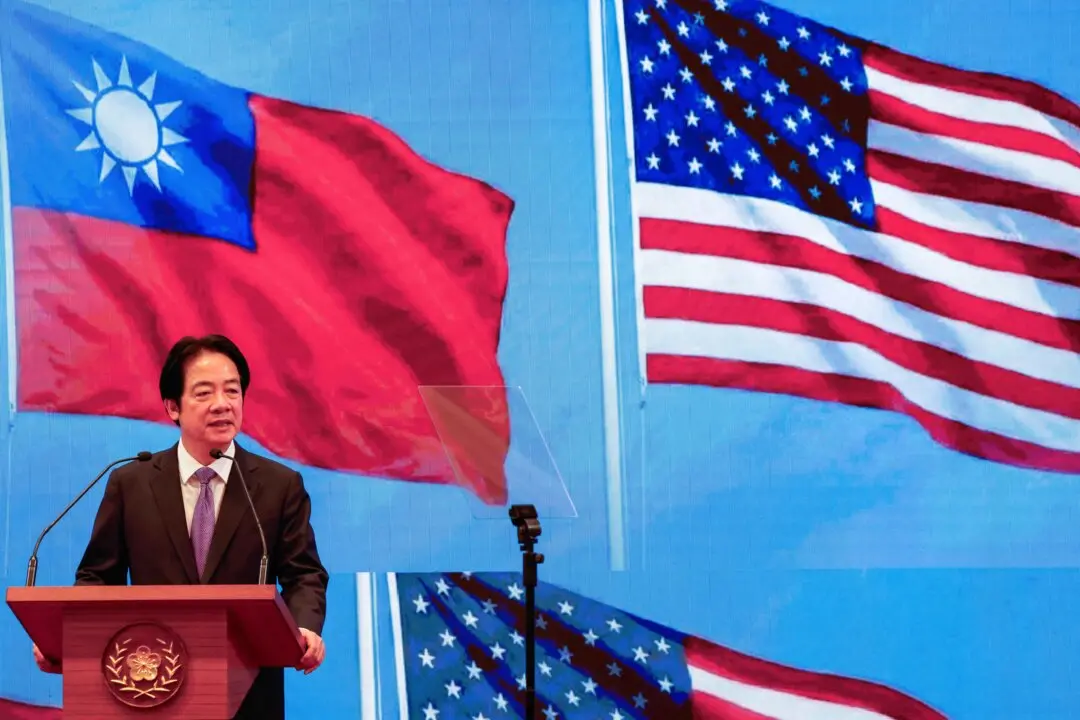Denmark’s biggest telecommunication provider has announced that it will not use Chinese tech giant Huawei to build its 5G network.
TDC Group, which is headquartered in Copenhagen, announced it has chosen Swedish firm Ericsson over Huawei for the construction of its 5G infrastructure, according to a March 19 article by Danish newspaper The Copenhagen Post.
TDC didn’t provide a reason for not choosing Huawei in its press release that announced the decision on March 18. The partnership with Ericsson will begin April 1 and will run until the end of 2024.
The mobile operator expects to officially roll out 5G services nationwide by the end of 2020. As part of the deal, Ericsson will also update TDC’s current 4G networks.
TDC’s current 4G network is managed in part by Huawei, which signed a six-year, $727 billion contract with the Danish firm in September 2013, according to online news site ScandAsia.
5G is the next generation of wireless mobile communications technology and is considered key to revolutionizing many industries, including transportation, health care, and manufacturing. For example, smart manufacturing, which relies on industrial robots to produce goods in automated factories, would require 5G connectivity, since the signal delay with 4G would result in too slow of a response time for the robots.
While speaking to Danish Broadcasting Corporation (DR), TDC Group President and CEO Allison Kirby said the decision to pick Ericsson over Huawei was based on purely business considerations. However, Kirby added that her company had been in continuous dialogue with Danish security services, since the firm runs critical infrastructure.
According to DR, Danish Defense Minister Claus Hjort Frederiksen previously voiced security concerns about Huawei’s equipment because of the Chinese tech giant’s close ties with Beijing.
In response to TDC’s decision, Lisbeth Bech Poulsen, a member of the Danish Parliament, stated that she was pleased with the decision, as safety is the most important thing, according to another DR article. She added that Huawei, as a Chinese company, “is committed by [Chinese] law to cooperate with intelligence agencies in China.”
Beijing has a number of regulations in place, as well as broad powers, to demand that Chinese companies hand over customer data.
For example, the National Security Law passed in June 2017 requests that “any organization and citizen should support, assist, and cooperate with national intelligence work, and keep secret any such work known to them.”
Carsten Nielsen, a tech analyst at DR, explained that TDC probably paid more to partner with Ericsson than if it had selected Huawei instead, according to another DR article.
Nielsen elaborated that Huawei has the support of Beijing, which subsidizes the company’s research and development, allowing the firm to provide 5G services at cheaper prices. However, the Danish analyst believed it was fair to pay a higher price for Denmark’s security.
Danish newspaper Dagbladet Information, in an editorial published March 20, said that it was a good decision to keep Chinese companies away from Denmark’s critical infrastructure because China is not an ally, and that many of China’s interests are fundamentally different from Denmark’s.
Other Danish telecom providers, specifically Telia, Telenor, and Three, will soon have to choose their 5G partners. According to Dagbladet Information, Telia and Telenor seemed to engage with Finnish telecom firm Nokia, while Three has carried out 5G tests with Huawei.
Three is owned by Hong Kong conglomerate Hutchison Holdings, which is controlled by Hong Kong’s richest man Li Ka-Shing. Three also provides its mobile services in Indonesia, Italy, Sweden, and the United Kingdom, among other countries.
Dagbladet Information asked pointedly whether Li and his son would be able to “see reason in staying away from a Chinese [5G] supplier.”
In December 2018, The Telegraph reported that Three was in close contact with the UK government after British Defense Secretary Gavin Williamson voiced concerns about Huawei’s role in the country’s 5G network. In June 2018, Three inked a 2 billion pound ($2.6 billion) deal with Huawei to build its 5G network in the UK.
Security concerns involving Huawei in the UK was also raised in a February 2019 report written by think tank Royal United Services Institute.
“Allowing Huawei’s participation is at best naive, at worst irresponsible,” the report warned.




